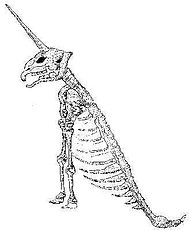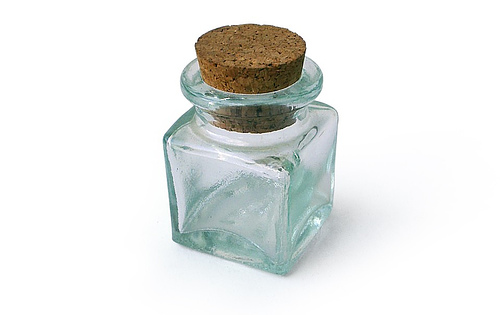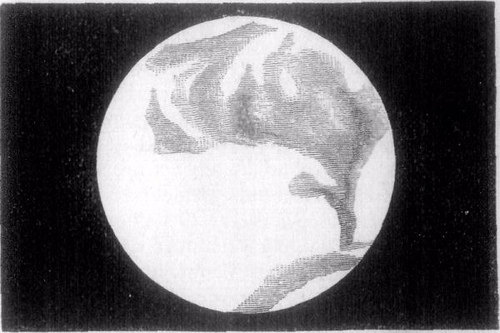If you’re going to exhibit a talking cat in Georgia, you need a business license, according to a court ruling in 1981. Carl and Elaine Miles had been presenting Blackie the Talking Cat to passersby in Augusta; Blackie would meow “I love you” or “I want my mama,” and the onlookers would give small change to the Mileses.
They objected to the license requirement, saying that the law violated their right to free speech and that it didn’t mention talking animals. But they lost the case in district court in 1982, and an appeals court upheld the decision:
This Court will not hear a claim that Blackie’s right to free speech has been infringed. First, although Blackie arguably possesses a very unusual ability, he cannot be considered a “person” and is therefore not protected by the Bill of Rights. Second, even if Blackie had such a right, we see no need for appellants to assert his right jus tertii.
The court added, “Blackie can clearly speak for himself.”



